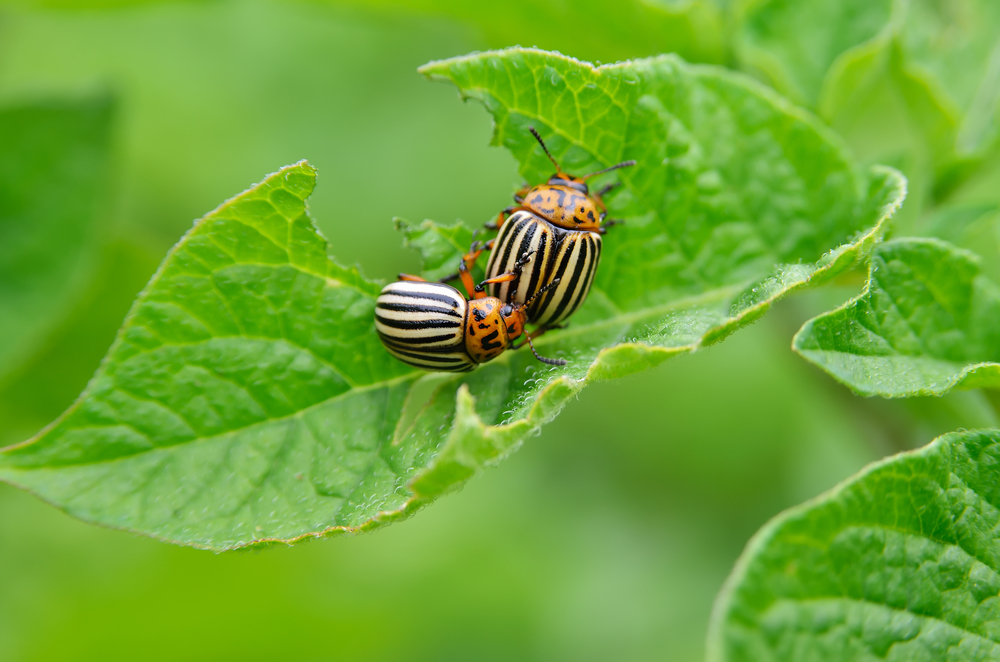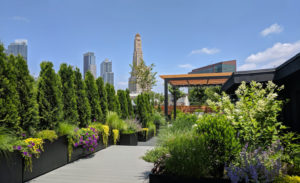
While the chill of winter will be lingering in the air for the next couple of months, it’s never too early to start preparing for your gorgeous spring garden. There are many ways to prevent pests from entering your garden, but many of them involve harsh, non-environmentally friendly chemicals. What are some of the best natural ways to prevent pests in your garden?
Pest Control 101
Just like with many things, an ounce of prevention is worth a pound of cure. Preventing garden pests from coming into your New York garden is much easier than dealing with them after they are eating away at your plants. That’s why starting early and having a great prevention plan are so important for the health and output of your garden.
5 Ways to Prevent Pests in Your Garden
- Ensure that the soil in your garden is healthy. When the soil is filled with nutrients and healthy, it can help plants to be stronger and better equipped to resist disease and pests. Use natural fertilizers and have your soil tested before treatment so that you can pinpoint any deficiencies.
- Choose plants that are naturally resistant to pests that are common in your area. For example, if you are concerned about cabbageworms, you can choose cabbage alternatives that are naturally resistant to them like Chieftain Savoy cabbage, Red Acre cabbage and Early Globe cabbage.
- Plant your flowers, vegetables, fruit and other plantings in the right spot in your yard. If they need full sun, putting them in a shady area can increase stress and increase the likelihood that they will fall victim to pests.
- Attracting good insects is a key part of keeping bad insects away. Beneficial insects include bees and spiders who will naturally prey on pests, and they are attracted by shelter, pollen and nectar. Some flowers that offer these include coriander and calendula, and our team can help you find the perfect plants to attract good insects to your garden.
- Practice a technique called interplanting to confuse pests. Interplanting means alternating flowers, herbs and crops to throw pests off. Most pests are attracted to monocrops, which means endless rows of the same exact plant. Instead of planting a grid of one vegetable or plant, alternate things with plants that pests don’t like, like cilantro, onions or garlic.








